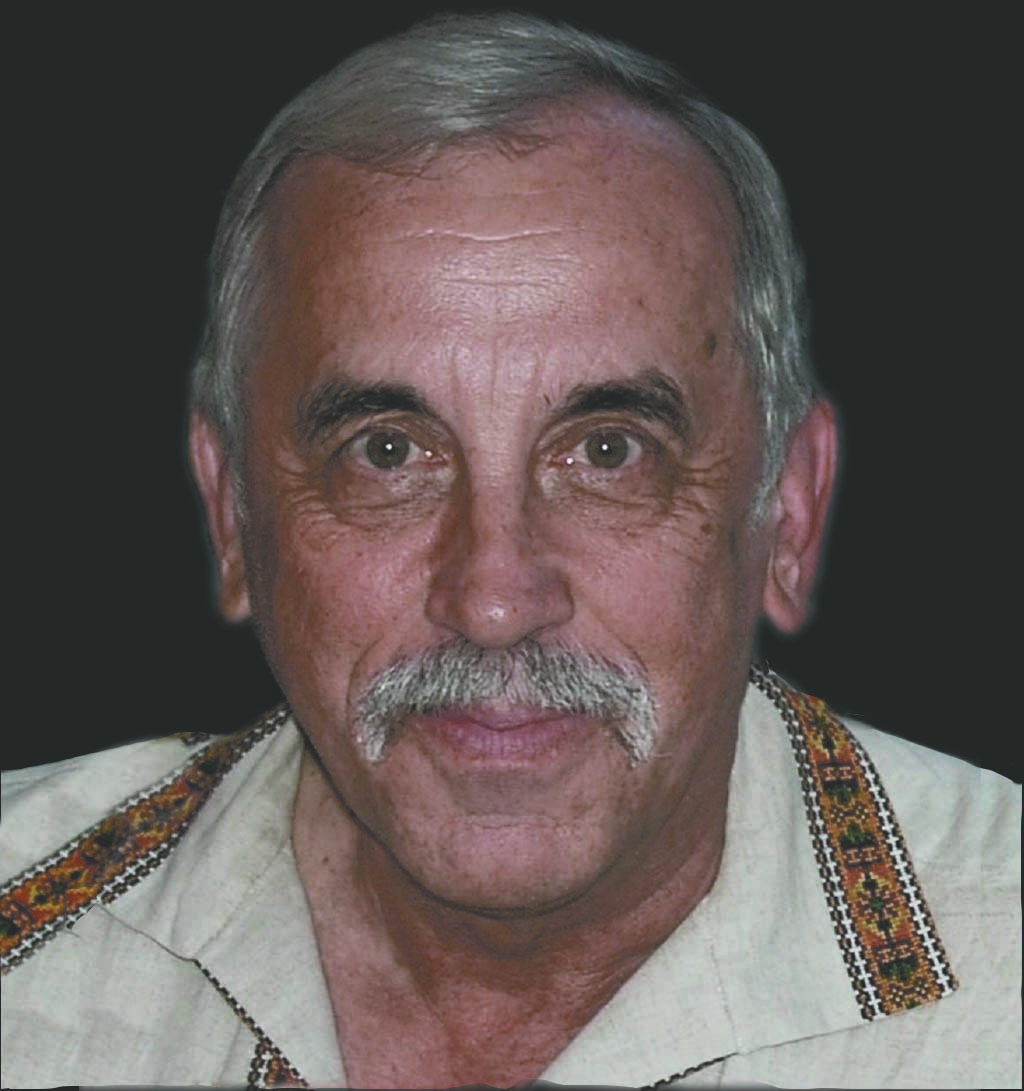Volodymyr Kish.
According to the United Nations, there are 193 countries on this planet of ours. Arguably there are 195, since there are two states, the Vatican and Palestine that are not officially members, but that is not particularly consequential, except possibly to those two states themselves.
The definition of just what a country is however, can be quite problematic. Technically, the term refers to a distinct geographical area that possesses political autonomy. There is also the concept of nation, which many people consider to be the same as country, but which is actually a distinctly different term. A nation according to most dictionaries refers to a group of people united by “common descent, history, culture, or language.”
Most of us would like to believe that the terms country and nation are relatively synonymous, with a country being a geographical area where most of the people share a common language, culture and history. In our current world, we would be wrong.
Although there are many examples on Earth where the two concepts of nation and country coincide, there are just as many examples of countries that encompass people of several or even many nations. One such country for instance is Switzerland. The country is composed of three national groups – Italians, Germans, and French, that through circumstances of history, decided to create an autonomous state rather than be part of any of the three neighbouring countries from whom the original populations are descendant.
There are also many examples of “nations” that do not have their own country. The Kurds of the Middle East, the Basques and Catalans of Spain, the indigenous populations of Canada and the United States, the Pashtuns, the Sikhs and many others who, because current geopolitics being what it is, are unable to form their own independent nation states.
In recent centuries, with the tremendous advances of transportation and the opening of borders to immigration, the movement of peoples between countries and different areas of the Earth has also become much more common. This has led to the evolution of multicultural and multilingual states. Canada is a prime example of this. It is a nation state with no dominant homogenous ethnic or linguistic majority. The United States is rapidly going down that same road, as are some of the countries of Europe. What it means to be a Canadian or American or Brit or German or Australian, is changing rapidly with each generation.
The fact of the matter is that the borders of most countries today have origins that have more to do with wars, imperial conquest and political Darwinism, than with the language, culture and identity of the people encompassed within those borders. More often than not, this creates no end of trouble which politicians, tyrants and opportunists are ready and willing to exploit in playing their power games. The result is an endless series of wars, revolutions, political unrest and terrorism. Borders that used to be emblematic of national defense and security, are paradoxically becoming a prime cause of national insecurity.
The technological, scientific, economic and political advances of the past century are rapidly combining to make the very concept of borders less and less relevant to the way we lead our lives. Ideas and information flow around the world unencumbered by any borders. The global economy is so intertwined that businesses often wield more real power and influence than nation states. What happens in China or the EU often has more of an impact on my life than what happens in Montreal or Vancouver.
As the world continues to evolve technologically and economically, we are faced with a major challenge in redefining our understanding of what borders are and what they should be in the not too distant future. We also need to look seriously at our concept of the nation state which is currently rooted in an imperialistic and nationalistic past that no longer exists. We need to find better political models that will provide all “nations” with autonomy and opportunity within a framework that eliminates war, conflict and terrorism. The United Nations was a noble starting point, but has clearly not been able to live up to the original goals and aims because of an unworkable governing structure and lack of broad international commitment and support. It is time to build a better solution, and the sooner the better.
Share on Social Media


































